Ucreate Sketch 9′ X 6′ Premium Drawing Paper, Perforated Sheets (75 Sheets)
$12.99
1405 in stock
SKU: CO2Q293A6M6NTDPK
Category: Drawing Notebooks
Tags: Drawing Paper, Perforated Sheets, Premium Drawing, Premium Drawing Paper
Let your imagination soar with the premium sketch book with a durable black poly cover and back. Each book contains 75 sheets of heavyweight, acid-free drawing paper, and the spiral binding lies flat for comfortable drawing and sketching. The notebook is ideal for sketching and drawing with dry media, such as pencil, marker, and pen art. Each sheet is also perforated for easy removal, so you can frame and hang your original artwork.
UCreate Poly Cover Sketchbook, 9" x 6" Drawing Notebook, 75 Sheets
- Perforated sheets with wire binding
- Perfect school supplies for teachers and students
- Durable poly front and back covers for on the go art and creativity
- Use for sketch drawing or journaling
- Art sketchbook for children and adults
- Also available in 12-inch by 9-inch size drawing pad
How to Become Better at Drawing:
- Learn how to hold your pencil: Place the pencil between your forefinger and thumb on your dominant hand. Try holding it about a fourth of the way up from the tip. For basic drawing, you don’t want to hold your pencil too close to the tip or you won’t be able to move it enough, while holding it too far back won’t give you enough control. Maintain a loose enough grip so that you can move your fingers, hand, and wrist.
- Practice basic techniques: Practice drawing basic shapes freehand. A lot of what you draw is essentially made up of shapes like circles, ovals, squares, rectangles, and triangles. Your art will incorporate these shapes in different ways to form an image. Practice shading. Fill a sheet of UCreate drawing paper with 2 centimeter boxes and number them off. Leave the first block blank, then very lightly shade the first block. As you continue to each new block, make it a darker shade until the last box is colored in black, creating a shading gradient reference guide.
- Draw what you see around you: The best way to improve your drawing abilities is going back to the basics! Find an ordinary object around you and begin drawing it. Look at how the light source casts a shadow on and around the object. You can tell where a light source is coming from because the shadow will be pointing opposite the light, and this will help you to understand how to shade an object and incorporate depth. Consider proportions and dissect the object into the basic shapes you practiced before.
| Dimensions | 1 × 1 × 1 in |
|---|
Only logged in customers who have purchased this product may leave a review.
Related products
Drawing Notebooks
0 out of 5
$7.00
Drawing Notebooks
0 out of 5
$16.67
Drawing Notebooks
0 out of 5
$7.24
$7.70

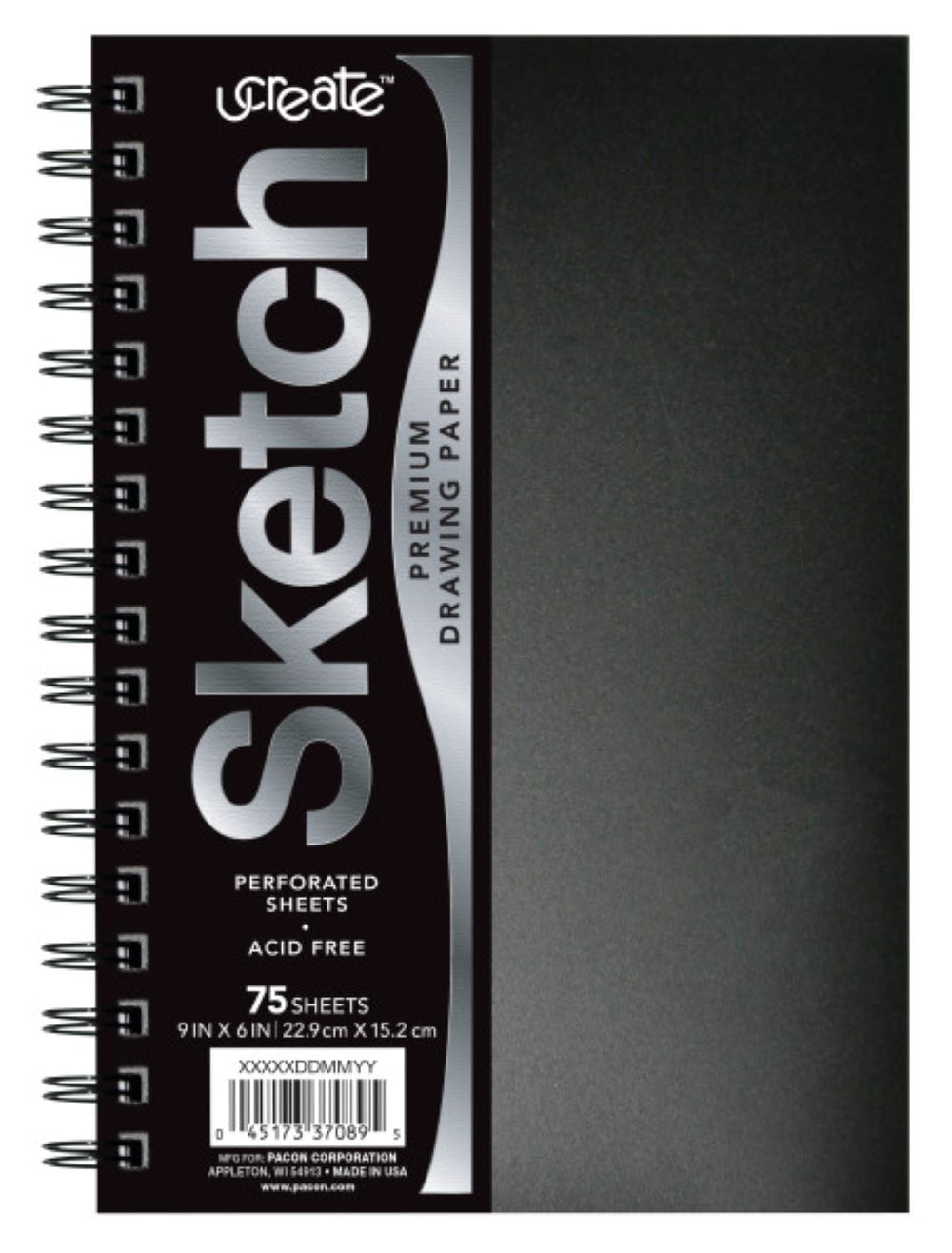


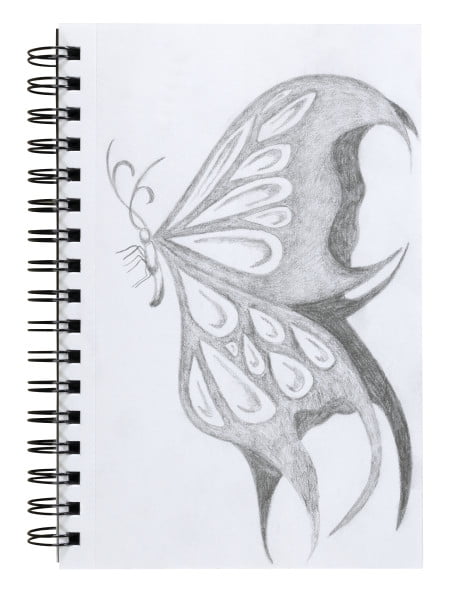
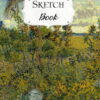


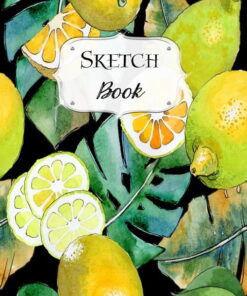

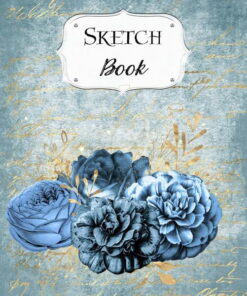
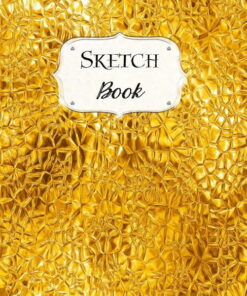


Reviews
There are no reviews yet.